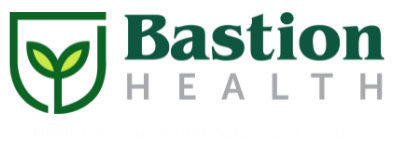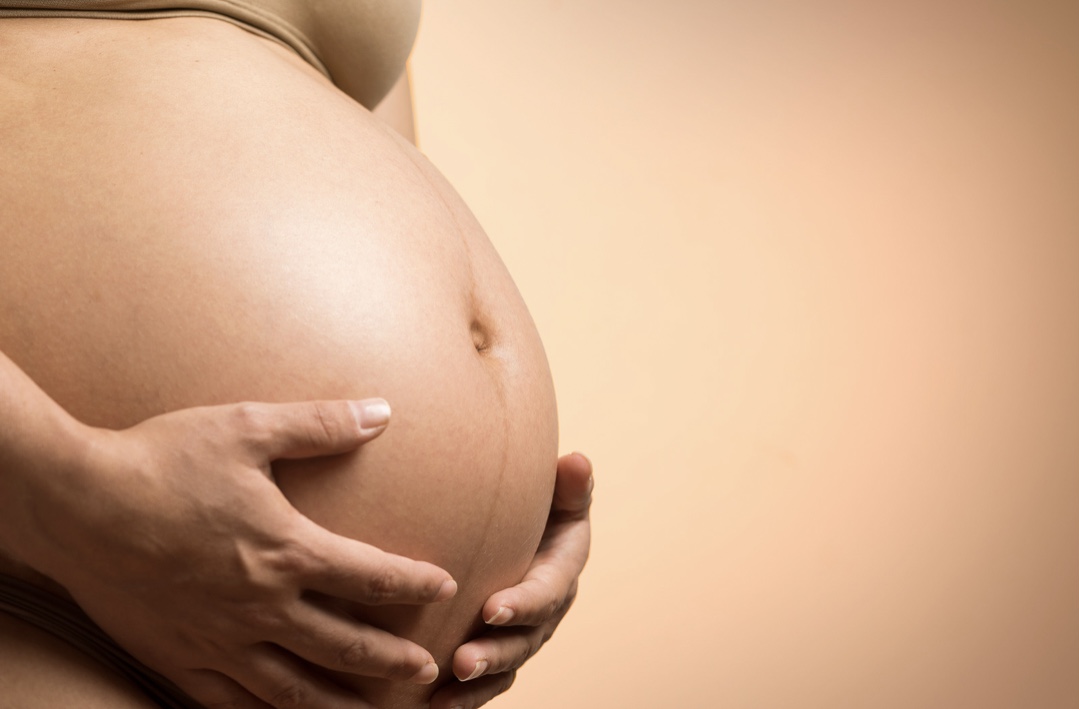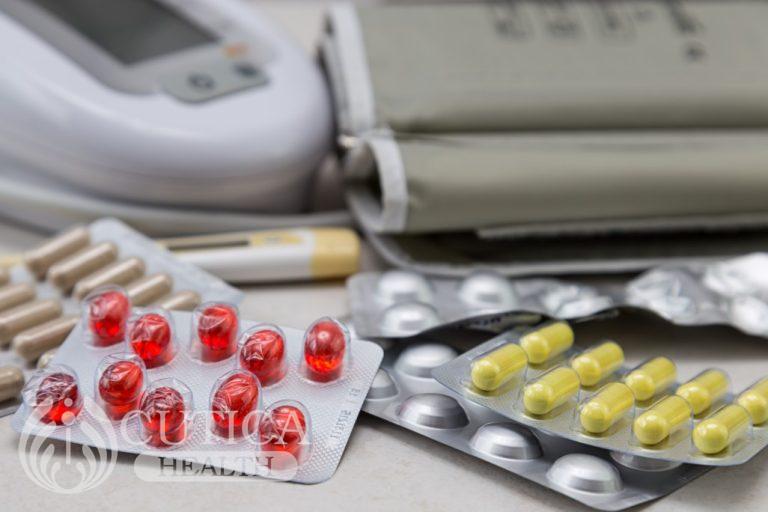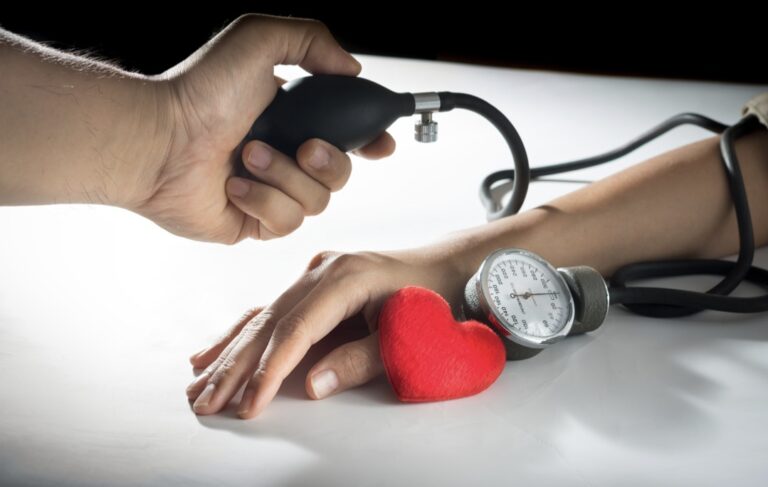Hypertension in pregnancy: lower your risk
Hypertension in pregnancy, also referred to as gestational hypertension or pregnancy-induced hypertension, is a common condition that affects pregnant women. The most feared complication of hypertension in pregnancy is a condition called pre-eclampsia, which may cause deaths in both mother and baby.
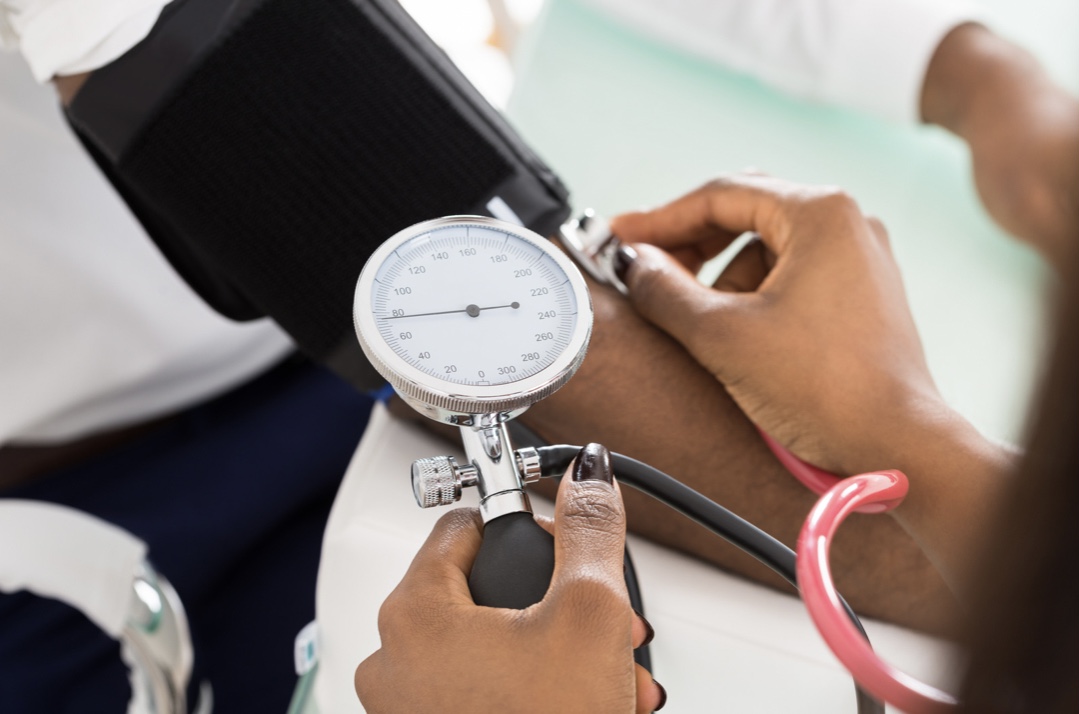
Normal blood pressure is less than 120/80 millimeters of mercury (mmHg) and it is considered high if it is 140/90 mmHg or above. Some pregnant women might have had this before getting pregnant – which is called chronic hypertension, or develop it while pregnant, in which case it is called pregnancy-induced hypertension.
Risk Factors of Hypertension in Pregnancy
Hypertension in pregnancy has the same risk factors as hypertension in men and non-pregnant women, including smoking, excessive alcohol consumption, stress, physical inactivity, and excessive salt consumption. However, there are some pregnancy-related factors that increase a woman’s risk of hypertension in pregnancy. These include:
- First time moms
- A family history of pregnancy-induced hypertension
- Previous pregnancy-induced hypertension
- Pregnant women younger than 20
- Pregnant women older than 40
- Women carrying multiple pregnancies; for instance, twins and triplets.
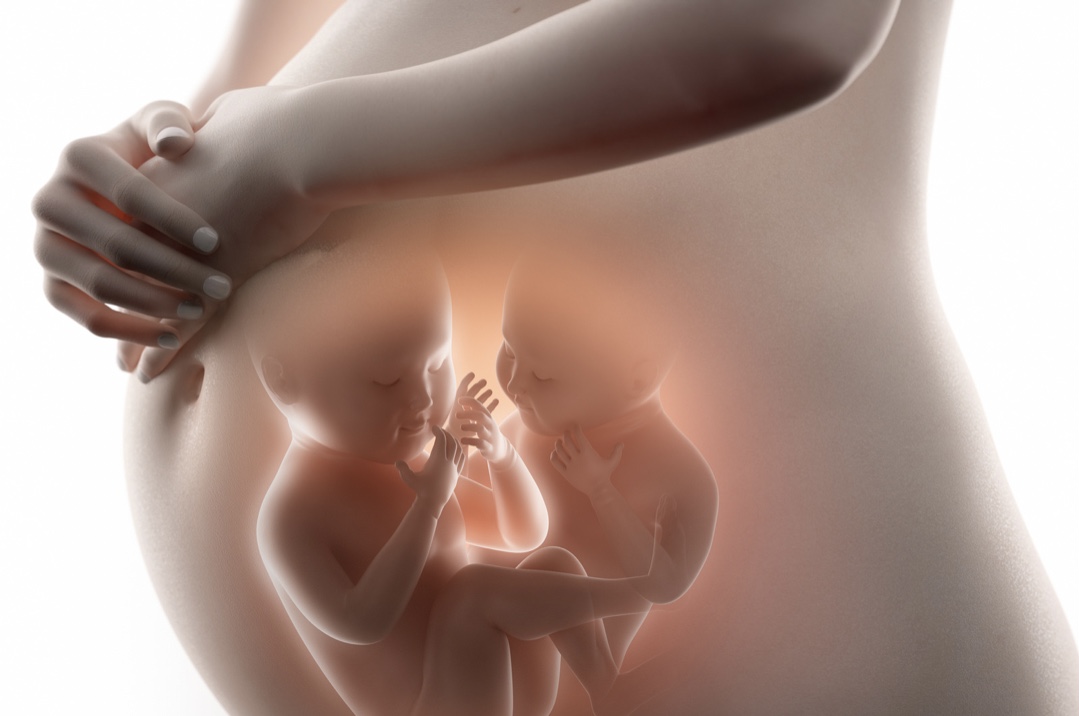
How Do I Prevent Hypertension in Pregnancy?
The first step in lowering your risk of this disease is to attend routine antenatal visits where your blood pressure will be monitored closely. Other preventive steps include:
- Reduce salt intake
- Good hydration – Intake of at least 8 glasses of water daily
- Reduce your intake of refined carbohydrates such as cakes and cookies
- Reduce intake of trans- or saturated fats, such as red meat and cheese.
- Regular exercise
- Reduce your alcohol intake
- Rest

How is Hypertension in Pregnancy Treated?
Hypertension in pregnancy is a serious condition that requires close monitoring. It can cause convulsions and death during pregnancy and labor, and can reduce blood supply to the growing fetus, leading to its death.
The treatment for hypertension in pregnancy depends on its severity.
- Mild cases may require only lifestyle and dietary changes, but severe cases require the use of blood pressure-lowering drugs.
- If you have developed pre-eclampsia as a result of hypertension in pregnancy, your doctor may take more aggressive steps.
- In pre-eclampsia, high blood pressure lowers your kidney function and potentially blocks blood supply to the baby. If severe enough and your baby can survive outside the womb, your doctor will induce labor and delivery.
In conclusion, hypertension in pregnancy poses risks to the mother and her unborn child. Ensure you attend routine antenatal clinics and monitor your diet and lifestyle to lower your risk.
